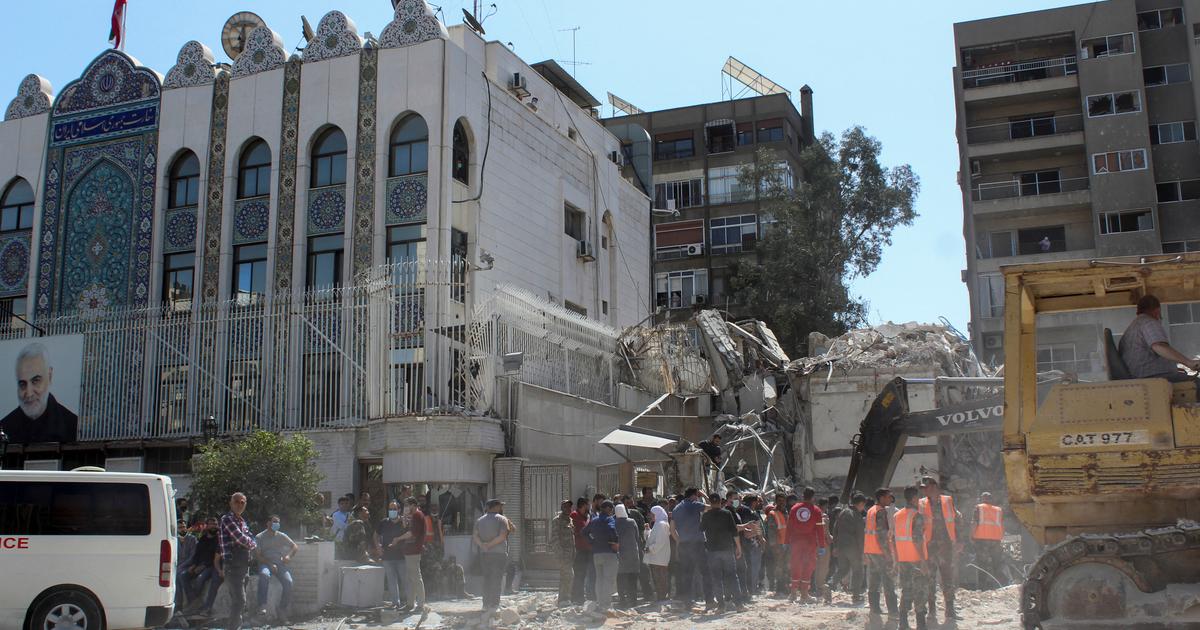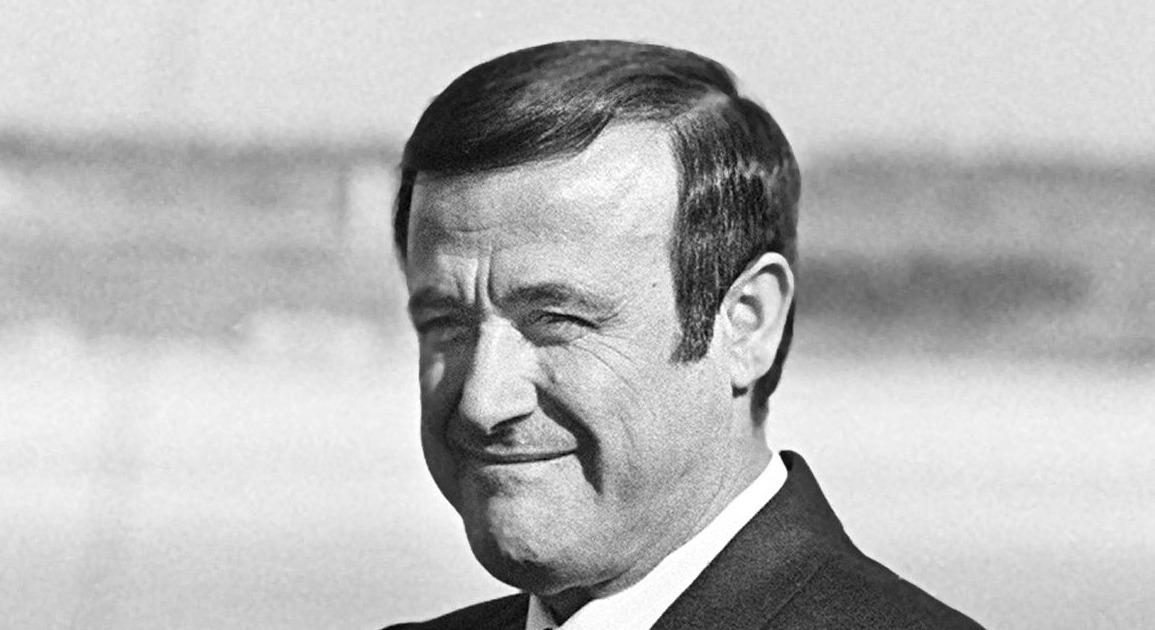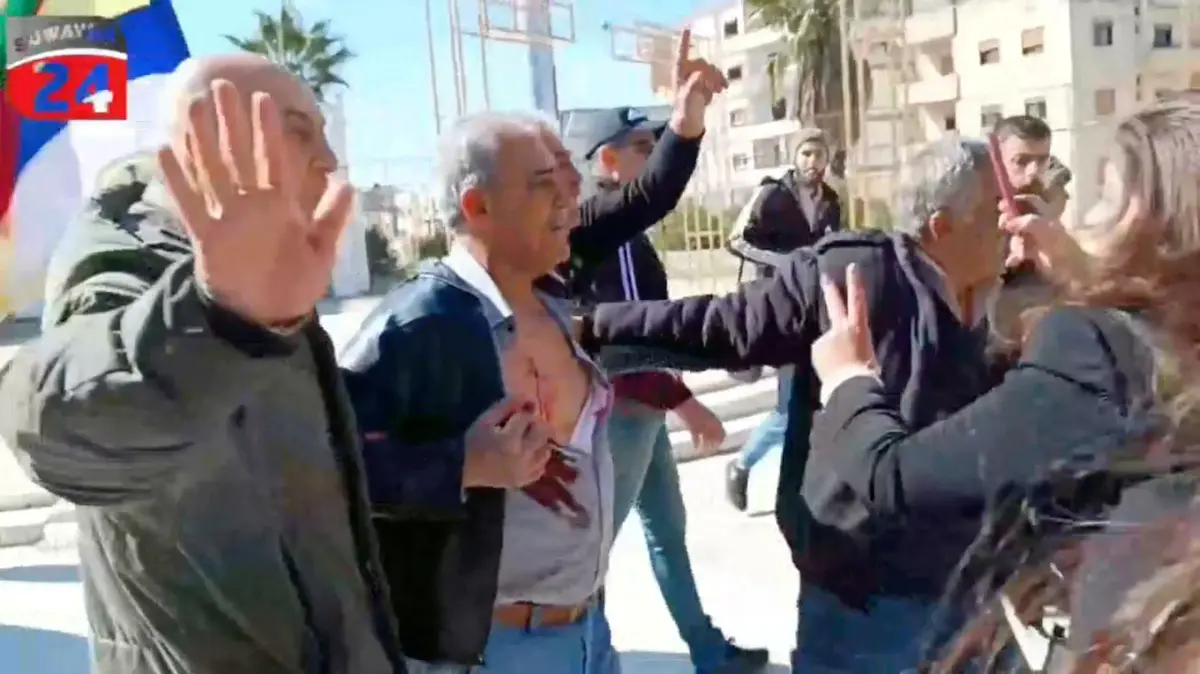Annalena Baerbock in conversation with her Saudi Arabian colleague Faisal bin Farhan. © Bernd von Jutrczenka/dpa
For Foreign Minister Baerbock, the inaugural trip to Saudi Arabia and Qatar is a balancing act. On the one hand, Berlin relies on their role as mediators in regional crises. On the other hand, there are human rights.
Shortly before the summit of the Arab League, German Foreign Minister Annalena Baerbock warned against an "unconditional normalization" in dealing with Syrian President Bashar al-Assad.
"Every step towards Assad should be made dependent on concrete concessions," said the Green politician after a meeting with her Saudi Arabian counterpart Faisal bin Farhan in the port city of Jeddah on the Red Sea. Assad must not be "rewarded for the most serious human rights violations on a daily basis." Assad is expected to attend the meeting in Jeddah on Friday.
The Arab countries had recently agreed on the readmission of Syria to the organization, which has about 20 members. In doing so, they are pushing ahead with ongoing normalization with Assad in the region, who was isolated for years after the outbreak of the civil war in Syria in 2011.
In the West, talks with Assad, whose government imposed comprehensive sanctions on the EU and the US, are considered taboo. These punitive measures were a response to the violent repression of the civilian population by the Assad government. The mass protests against Assad later developed into a civil war with international participation.
"In Syria, the political process to resolve the conflict is still a long way off. For more than ten years, there has been nothing but bloodshed, unbelievable human suffering that is hardly reported anymore," Baerbock said. Germany and its partners in the region hoped that Friday's summit would send a signal that normalisation with Assad would be linked to concrete conditions.
Baerbock calls for ceasefire in Sudan
The Minister urgently called for a ceasefire in Sudan, north-east Africa. About a month ago, a long-simmering power struggle escalated violently. According to UN figures, at least 604 people have died and at least 5100 have been injured so far. The actual number is likely to be much higher.
"The world is looking at Sudan, at how the generals are living up to their responsibility for all the people of Sudan," Baerbock said. "We must therefore do everything we can to ensure that the conflict does not become a regional conflagration." Another question is how Germany can further expand its contribution to humanitarian aid.
German-Saudi relationship
Relations between Germany and Saudi Arabia were considered shattered for years, mainly because of Saudi Arabia's involvement in the war in Yemen and the murder of journalist Jamal Khashoggi in 2018. The former German government had therefore largely stopped arms exports to the desert state.
0
Also Read
Situation "unacceptable" for shipping company: Russia seizes Danish ships of the Maersk group
READ
Ukraine strikes behind Russian border - Putin spokesman calls it "terrorism"
READ
Turkey election: run-off election confirmed – Erdogan and Kilicdaroglu fight for presidency on May 28
READ
Lukashenko makes appearance after health rumours and talks about plane shootdowns
READ
Fraud allegation: Philipp Amthor faces million-dollar lawsuit
READ
Fancy a voyage of discovery?
My Area
In 2022, however, the traffic light government nevertheless approved the delivery of armaments for 44.2 million euros, more than at any time since 2018. Before Baerbock, the last time a German foreign minister was in the country was in 2017.
Baerbock insists on women's rights
With regard to the human rights situation in Saudi Arabia, Baerbock said that the first steps towards opening up society had encouraged many young people in the country. At the same time, she warned: "For me, it is therefore a matter of course that a society that wants to be a role model for an entire region also listens to the voices of its women - both online and offline."
Meeting with the artistic scene in Saudi Arabia
In the evening, Baerbock met with representatives of the Saudi art scene, including Abdulnasser Gharem and Halla bint Khalid, at the Hai Jamil Cultural Center on the initiative of the German Embassy.
Abdulnasser Gharem is considered a pioneer of contemporary art in Saudi Arabia. After 23 years in the Saudi army, the lieutenant colonel ended his military career in 2013 to devote himself to art. In his studio villa in Riyadh, he promotes "free and open dialogue" and organises cultural events. His works, often with a critical message, can be seen worldwide, for example in London and Los Angeles.
Halla bint Khalid is a painter and at the same time one of Saudi Arabia's best-known children's book authors. She, too, is considered a pioneer in the still young profession there. She has written more than a dozen children's books in Arabic and English.
Freedom of expression is extremely restricted in the conservatively ruled monarchy. Criticism of the royal family is prosecuted with the utmost severity and can mean years of imprisonment. Art in the country often walks a fine line between subtle criticism and restraint for fear of possible repression.
Baerbock sees great potential for renewable energies
In view of the climate crisis, Germany and Saudi Arabia want to deepen cooperation in the transformation of industry and the economy, Baerbock said. In the expansion of renewable energies, in green hydrogen, there is "incredible potential, especially in the field of solar energy, but also in wind".
Saudi Arabia is one of the world's largest oil producers. As part of a comprehensive economic restructuring, the country wants to become less dependent on oil and gas and become a leading supplier of hydrogen as part of the so-called "Vision 2030". Dpa








